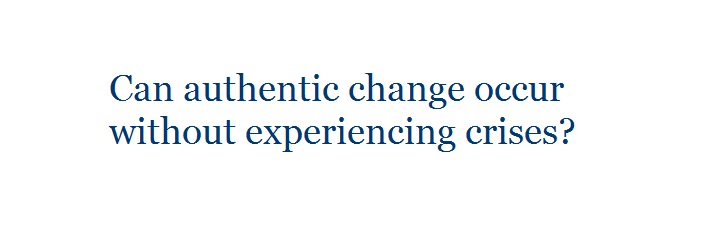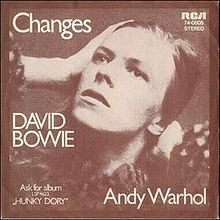Do you want to change? Do you need to change? If not, don’t bother reading this week’s blog. Go enjoy yourself and check back next week.
If you think some change would benefit you – read on!
If we want to improve our performance, there are some things we need to change. If what we are doing isn’t getting us the results we desire, we need to change what we are doing.

And change can be hard.
Most authentic change occurs as a result of a crisis. Many of us have either experienced this or had someone close to us experience this phenomenon. A terrible illness, tragedy or loss leads to major life changes that can dramatically improve someone’s life despite the crisis. Research shows that this occurs as a result of several things: loss of control, clarity of choice and reordering of priorities. My own experience of having my daughter, Ali, diagnosed with Type 1 Diabetes at the age of three only weeks after a difficult divorce had such an effect on me.
My business and my life changed dramatically – for the better.
The question I have asked since the beginning of my passion for coaching and facilitating human change has been, “Can authentic change occur without experiencing crises?”

The answer is Yes and interestingly, I believe that this is the essence and core of coaching.
What keeps us from changing is resistance.
We create this resistance in response to our beliefs, feelings, attitudes, experiences and perspectives. We may resist going to the gym, we may resist choosing healthy food to eat, or our resistance could be seen in the way we avoid making our follow up calls or moving outside our comfort zone to have conversations at a networking event.
If we push against the resistance, it increases. If we want to change, we need to eliminate or at least reduce the resistance. Crises often eliminate the resistance naturally by shifting the priorities. For example, when Ali was diagnosed, all I cared about was caring for her and finding a way to pay the bills so that we would have access to the best medical are. I no longer felt much resistance to do the things that I knew would build a successful real estate business. Once the resistance was removed, I was free to do the work that mattered.
To reduce or eliminate the resistance without a crisis, we need to shift our perspective and change our priorities.
This is a unique process for everyone but being open to the possibilities and willing to experiment is half the battle.
Here’s a simple example. Let’s say you are unable to reach out to your past clients because it’s been too long and you feel that they will be cold and defensive if you call them. Your belief is that they are upset with you for not calling sooner. The shift in perspective would be to consider a different possibility. Perhaps they haven’t even thought about you since they moved into their home and never had any expectations that you should stay in touch with them. Your work was done, you did a great job and they got the house of their dreams. They are happy and have been enjoying the house for several years now.
Does that change how you feel about calling them?
They will likely be pleasantly surprised to hear from you and you can work your magic to reconnect, find out how their life is in the new house and rebuild a relationship that could lead to referrals naturally.
When we are able to choose a different perspective, we open up the opportunity to make different choices. Different choices lead to different outcomes and life changes!

